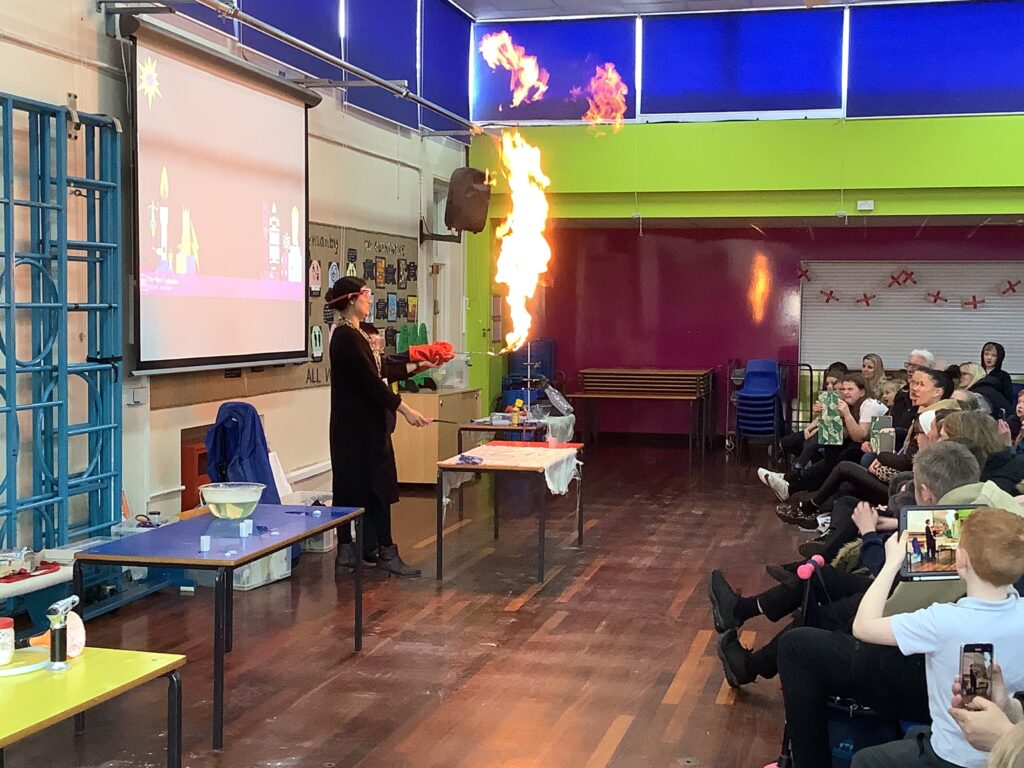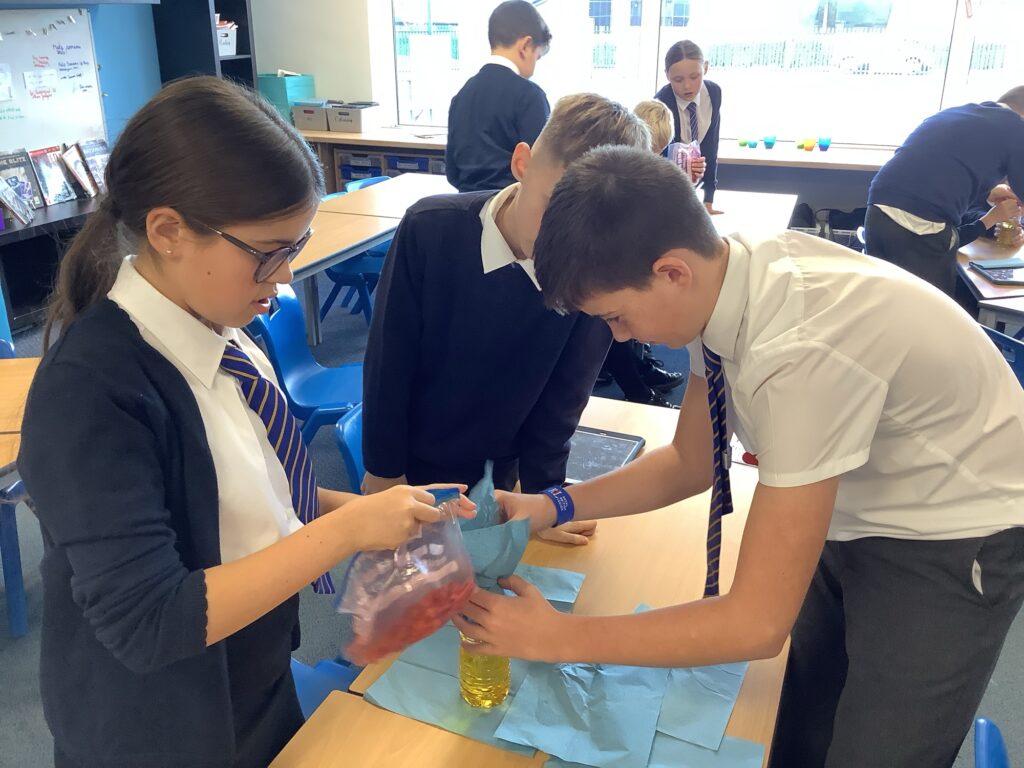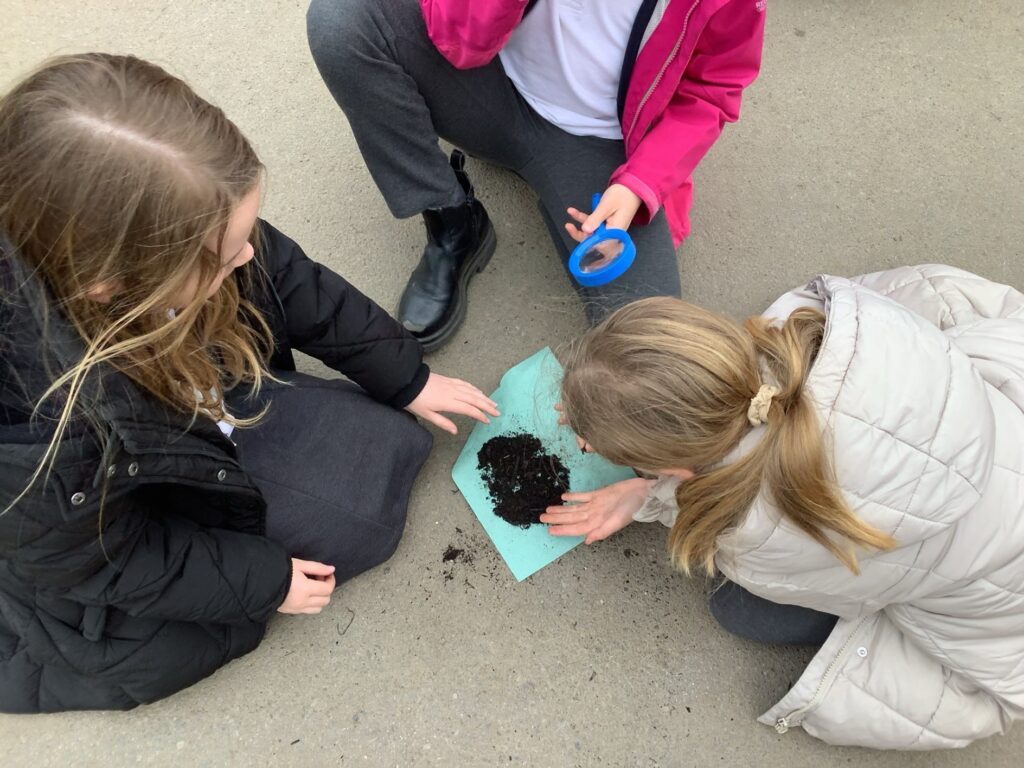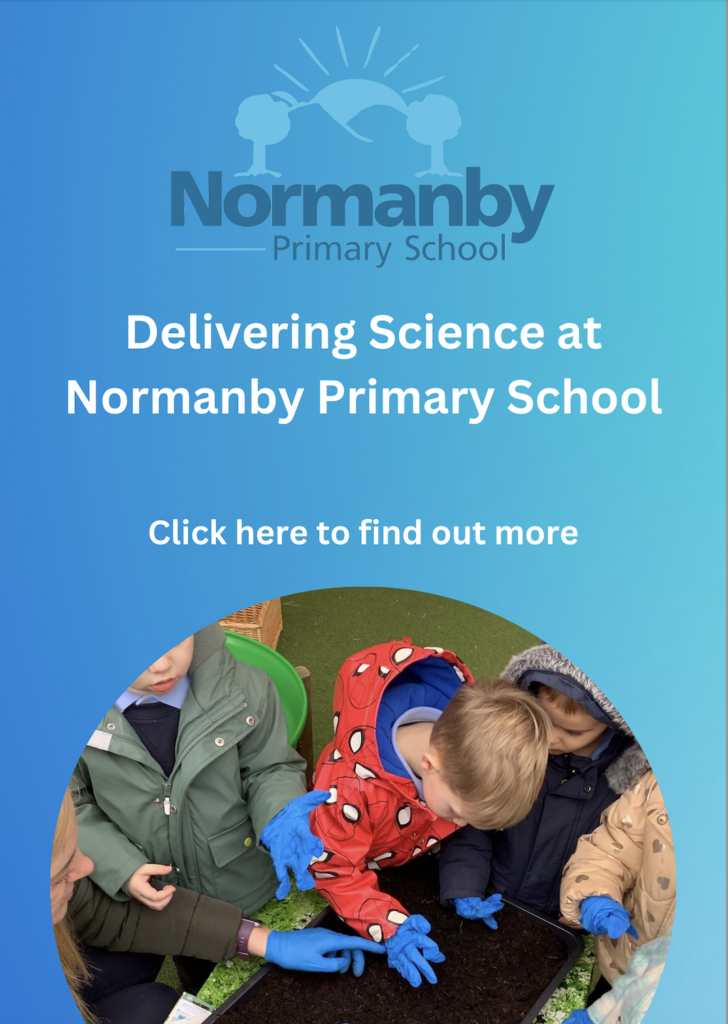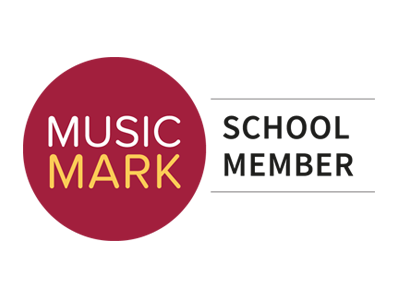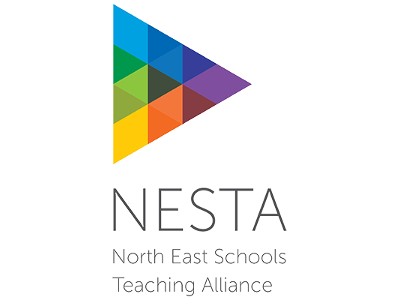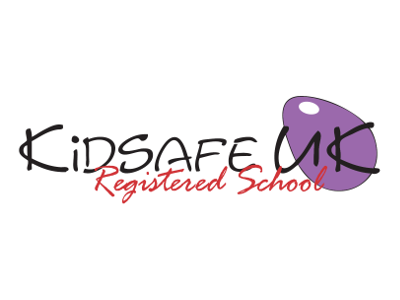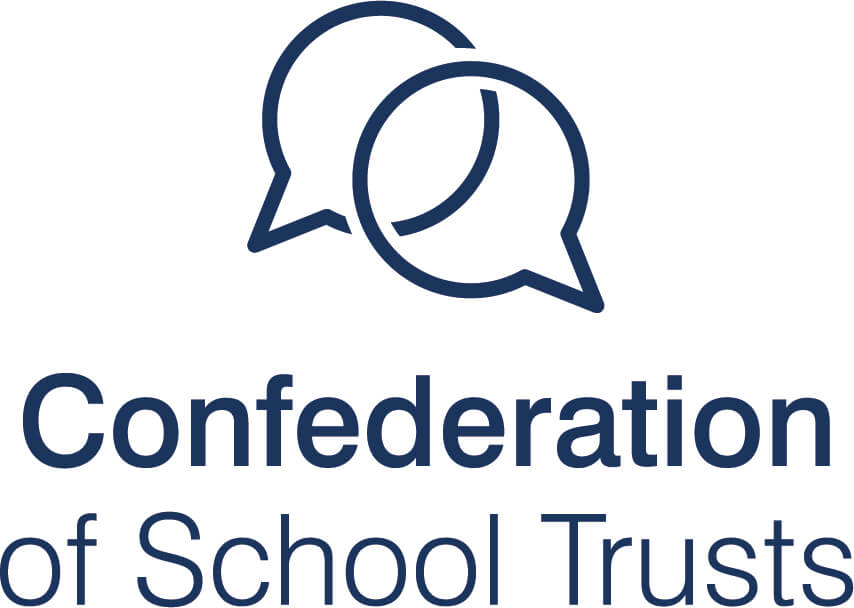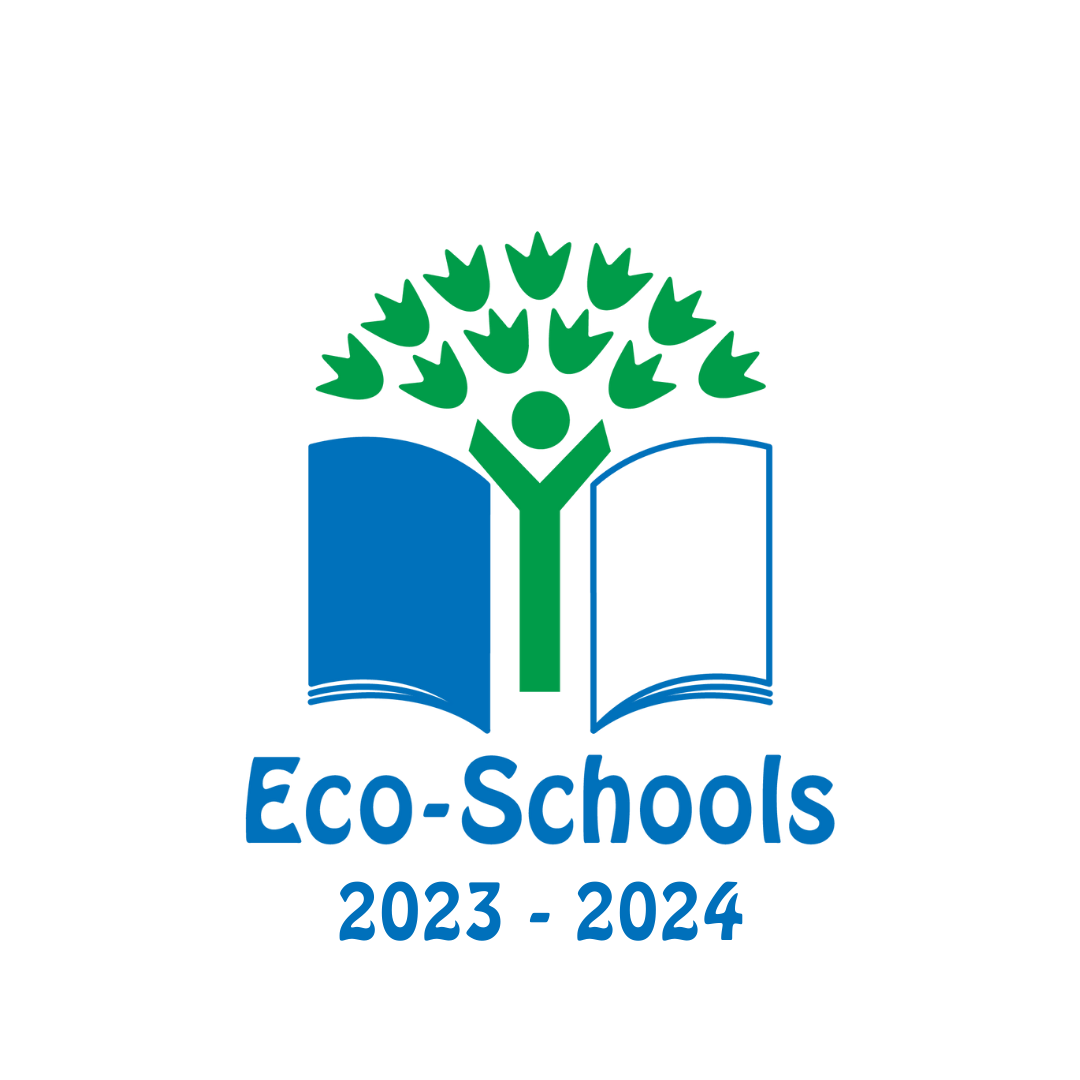Science
At Normanby Primary School, we encourage children to be inquisitive throughout their time at school. Science teaches us how to make sense of the world around us through developing a child’s understanding of the specific disciplines of biology, chemistry and physics. Science has changed our lives and is vital to the world’s future prosperity, and all children should be taught essential aspects of the knowledge, methods, processes and uses of science. Through building up a body of key foundational knowledge and concepts, children will be encouraged to recognise the power of rational explanation and develop a sense of excitement and curiosity about natural phenomena. They will be encouraged to understand how key foundational knowledge and concepts can be used to explain what is occurring, predict how things will behave, and analyse causes. This foundational understanding will be consolidated through their appreciation of the specific applications of science in society.
Click here for Normanby Primary School National Curriculum Science Programmes of Study
